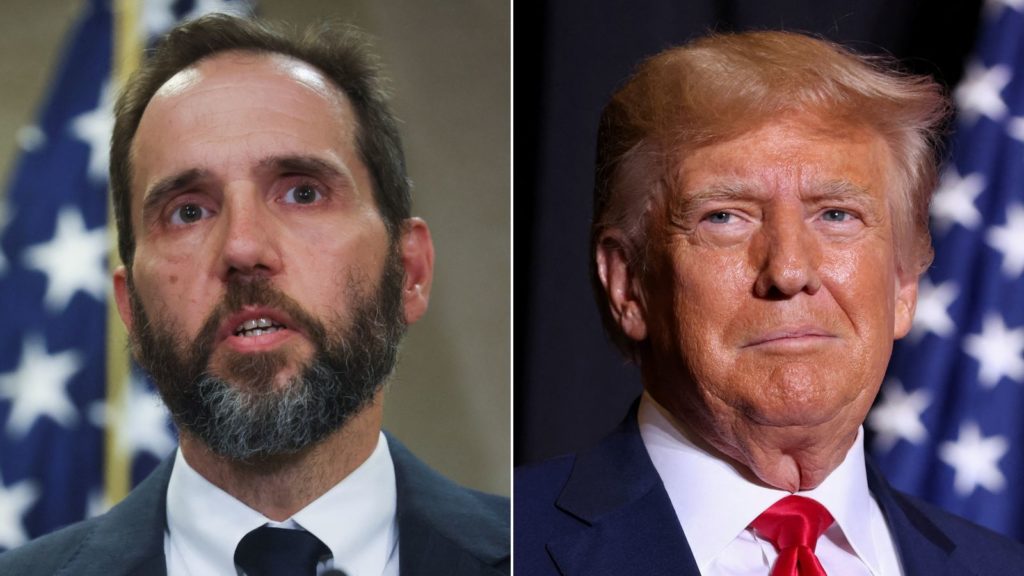The Supreme Court declined on Friday to intervene in an appeals court battle over Donald Trump’s immunity from criminal charges related to efforts to overturn the 2020 election before the D.C. Circuit could hear the case.
In early December, Special Counsel Jack Smith asked the Supreme Court to step in and help Trump with his immunity fight. He did this in the hopes that the justices’ help would keep the former president’s March trial in Washington, D.C. from being delayed.
U.S. District Judge Tanya Chutkan said Trump’s claims of absolute immunity were like giving him a free pass for life from going to jail. Chutkan didn’t agree with Trump’s claim, and the former president immediately filed an appeal.
It was likely that the Supreme Court would hear the case, no matter what the D.C. Circuit decided. Smith said that the need to quickly settle a very important public issue was a good enough reason for the justices to skip the lower court review.
The motion to expedite from the government says, “This case involves an issue of exceptional national importance: whether a former president of the United States can be prosecuted by the federal government for actions he took while in office and what, if any, effect his acquittal in impeachment proceedings has on this federal prosecution.”
Trump was charged with four felonies for his part in efforts to tamper with the election, which culminated in the riot at the Capitol on January 6, 2021. Criminal conspiracy to defraud the United States, criminal obstruction of an official proceeding, and criminal conspiracy against rights are some of the charges.
The time of Trump’s trial for these charges is very important because the former president is running for president again in 2024. Voters would be able to tell if the man they are voting for has been convicted of a crime if the March trial goes ahead.
Even though it can take months or even years for the Supreme Court to decide on a case, there is a history of cases like Trump’s being looked over quickly. The high court did the same thing for Richard Nixon when they had to decide if Watergate prosecutors could get recordings from the Oval Office.
Trump’s defense of immunity is based on a Supreme Court decision from before him, Nixon v. Fitzgerald. In that case, the Court said Nixon was not responsible for a civil suit brought by a government worker. Fitzgerald, on the other hand, only protected Nixon from civil suits that were directly related to his job as president of the country. To avoid criminal charges, Trump would have to get the Supreme Court to explain what Fitzgerald meant in order to show that his actions meddling in the election were part of his job as president.
Trump told the justices that they shouldn’t speed up their review of the case because it would mean skipping important steps in the process.
It’s a basic question at the heart of our democracy—whether a president can be criminally charged for things he does as president,” wrote D. John Sauer, an attorney for Trump with the James Otis Law Group. That question is of “paramount public importance,” which means it should be answered carefully and thoughtfully, not quickly.

